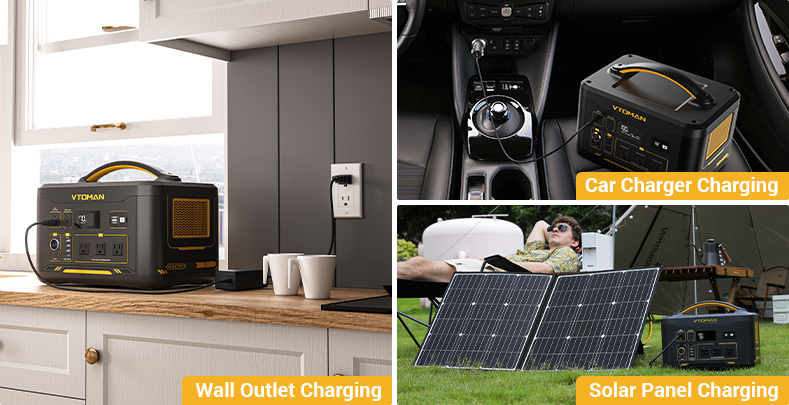When embarking on a camping trip, a generator can be a valuable tool to provide power for various appliances and devices. However, it is crucial to prioritize safety when using a camping generator to prevent accidents and ensure a pleasant camping experience. In this article, we will explore essential safety precautions that every camper should follow when using a camping generator.

Choosing the Right Location
One of the first safety precautions to consider is selecting an appropriate location for your camping generator. It should be placed in a well-ventilated area, away from flammable materials such as tents, dry leaves, or other combustible items. This will help prevent the risk of fire and ensure proper airflow to the generator.
Additionally, it is essential to keep the generator on a stable and level surface to prevent it from tipping over. Uneven surfaces can lead to fuel spills or damage to the generator, posing a safety hazard.
Proper Fuel Handling
When it comes to fuel handling, safety should be the top priority. Always turn off the generator and allow it to cool down before refueling. This prevents accidental ignition and reduces the risk of burns or explosions.
Use the recommended fuel type for your camping generator and avoid using gasoline or other flammable liquids that are not suitable for the specific model. Keep the fuel stored in approved containers and away from open flames or heat sources.
Electrical Safety Measures
Electrical safety is another crucial aspect when using a camping generator. Before connecting any appliances or devices to the generator, make sure they are compatible and have the appropriate power rating. Overloading the generator can lead to equipment damage or electrical hazards.
Use heavy-duty extension cords designed for outdoor use and ensure they are in good condition without any frays or exposed wires. Keep the cords away from high-traffic areas to prevent tripping hazards.
Maintenance and Regular Inspections
Maintaining your camping generator is essential for its safe and efficient operation. Regularly inspect the generator for any signs of damage, such as leaks, loose connections, or worn-out parts. Address any issues promptly and consult a professional if needed.
Follow the manufacturer's instructions for maintenance tasks such as oil changes, filter replacements, and spark plug inspections. This will help prolong the lifespan of the generator and reduce the risk of malfunctions or accidents.
Remember, safety should always be the priority when using a camping generator. By following these essential safety precautions, you can enjoy a worry-free camping experience while benefiting from the convenience and power provided by your generator.








